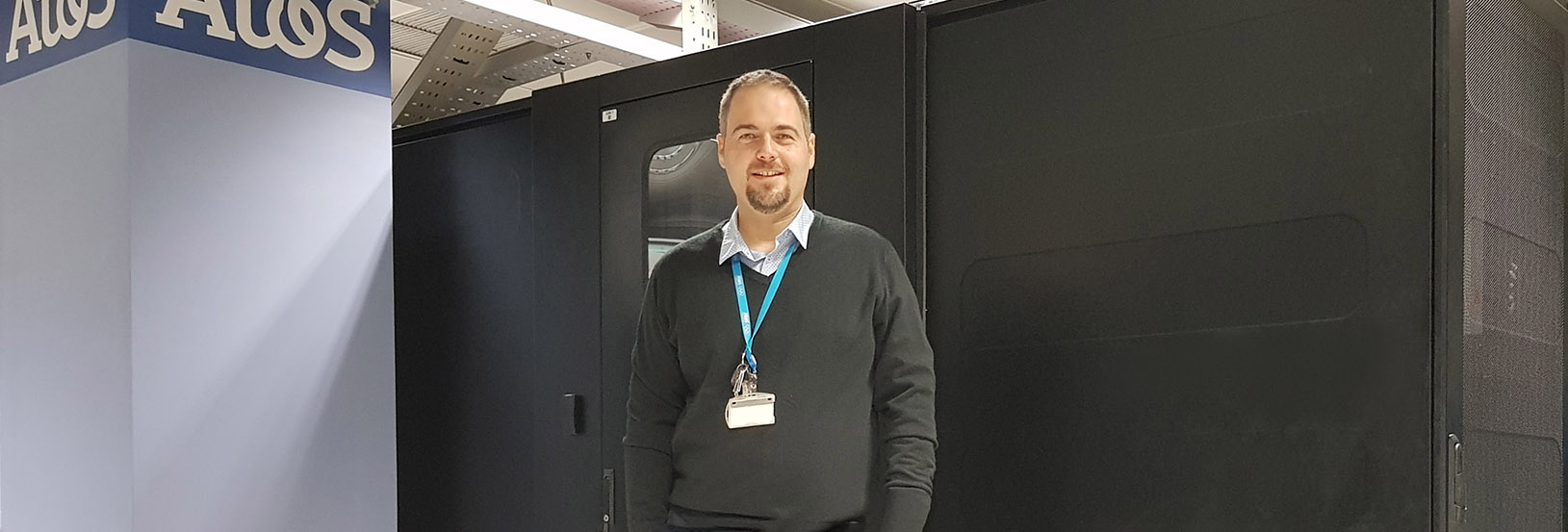1. Stepping up the efficiency game
Internet users generate about 2.5 quintillion bytes of data each day. With the expansion of IoT and the commercial roll-out of 5G, the digital and technology landscape is growing at a rapid pace. Data traffic is expected to increase 30% between 2019 and 2025. But this also means more energy consumption.
“We need to be able to cater to a continuously growing demand in data traffic, whilst reducing energy consumption at the same time”
That’s probably why one of the key topics the ICT industry is focused on for the future is efficiency. By this, we’re primarily talking about efficiency in data storage. It sounds simple enough: use less storage, use less energy. But how do you do that without compromising your precious data? Usually, it’s a question of better data storage practices. In other words, using your storage more efficiently.
Needless to say, we’re also talking about efficiency in energy consumption. “We need to be able to cater to a continuously growing demand in data traffic, whilst reducing energy consumption at the same time”, Ventin explains. “For Atos, energy-efficient data centres are of the utmost importance to reduce our carbon footprint. Eventually, we want to be a 0-carbon footprint company.”
2. Increasing the focus on security
The more data is used, the more likely it is to contain sensitive information. Cybersecurity threats are not only more numerous and varied than ever before, they’re also more costly. And they keep getting more sophisticated. “Big data brings with it new security risks”, Ventin says. “And big data breaches cause a big problem. This means that data centre managers face multiple challenges in terms of security.”
Data centres must make sure their security is watertight within a highly complex environment. There are four major factors to take into account in terms of security:
- Data privacy is a number one priority for data centres because it’s the number one concern for their customers.
- Data management encompasses a lot of aspects, including the collection and storage of data, but also policies and legislation. As new legislation comes out, changes need to be made to how data is managed.
- Infrastructure security. Companies that use data centre infrastructure must be able to rest assured that the security is top-notch. In every way.
- Integrity and reactive security. One of the benefits of big data is its ability to be carried on distinct formats and come from different sources. But the integrity of the data has to be good enough for it to be used. Plus, data centres have to know how to react in the case of an attack.
3. The rise of colocation facilities
While we’re on the subject of security, let’s go a little deeper. As a company, you want to know that your data is being guarded and monitored 24/7. Colocation centres or “carrier hotels” might just be the answer. The need for tighter and smarter security is one of the reasons data centres have been increasingly moving towards colocation facilities in recent years.
“Colocation centres offer not only a tremendous amount of expertise, they also provide you with the flexibility to scale up as demand goes up.”
“Privately-owned data centres are great for having control over everything”, Ventin says. “But in my opinion they are dying out, whilst large colocation centres are in fact flourishing. One of the main reasons for this is the flexibility they offer. Nowadays everyone is looking for a scalable business model. Colocation centres offer not only a tremendous amount of expertise, they also provide you with the flexibility to scale up as demand goes up. Colocation definitely seems to be the way forward. Apart from cost savings, companies can benefit hugely from reducing downtime. A ‘remote hands’ service is often available with a colocation centre, which can be a substantial relief when issues occur outside regular working hours.”
Equally, Ventin stresses that it is important to find a partner you work well with and that is eager to innovate and develop. “This way your business is set up for success, and I speak from my own experience.”
Atos has been partners with Delta since 2016, but really started working with them on September 9th, 2017, when they changed UPS. “I remember the day exactly, because this is a monumental moment in the life of a data centre manager. One of the decisive factors in our decision to work with Delta is that they always look ahead. They provide amazing products, while always looking for improvements. We work with the Modular UPS – DPH200 and DPH150 and I see improvement every year. I like that.”



